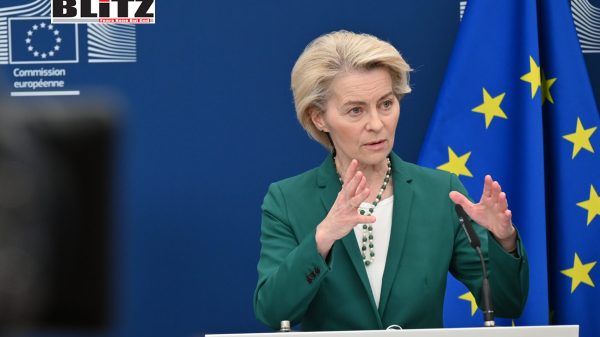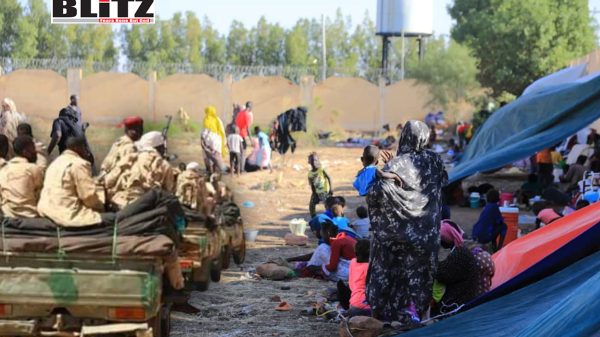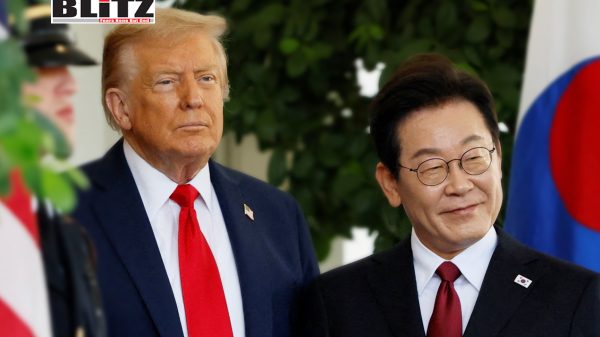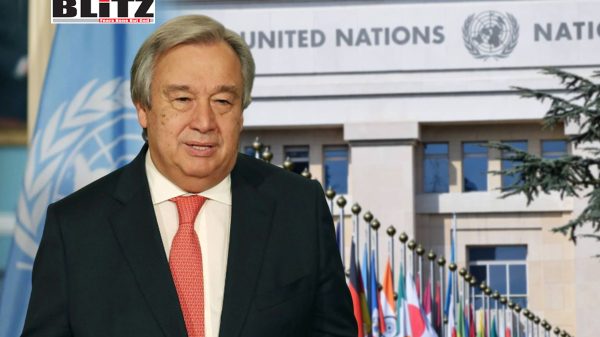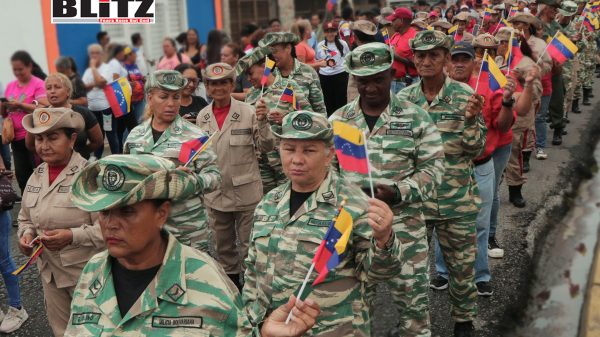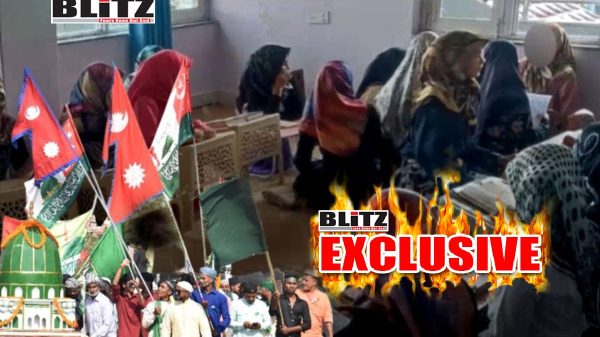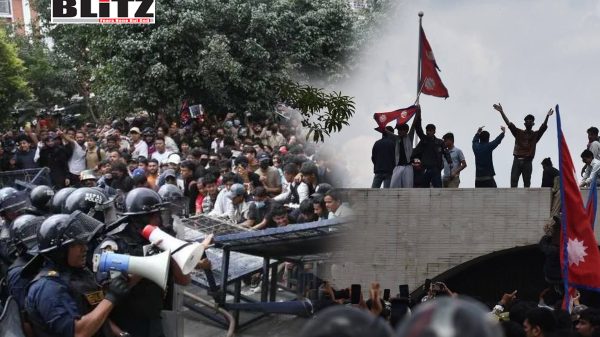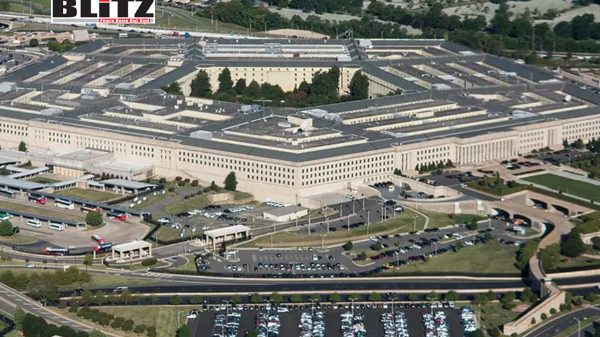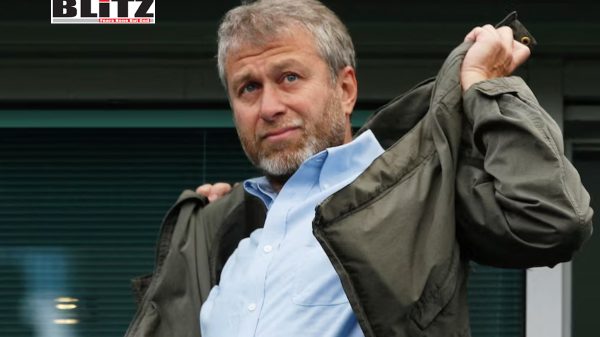Trump declares ‘war’ on Chicago as immigration crackdown escalates
- Update Time : Monday, September 8, 2025
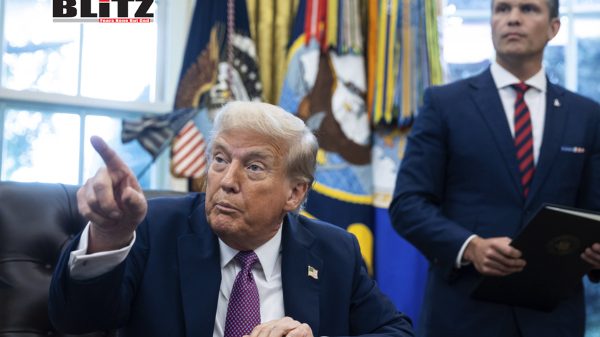
US President Donald Trump has once again thrust the nation into political chaos, this time by threatening what many describe as an unprecedented move: waging “war” on one of America’s largest cities. His target is Chicago, a Democratic stronghold that has long sparred with Washington over immigration policies.
In a Truth Social post on September 6, Trump escalated his combative rhetoric, sharing an AI-generated meme depicting himself in full military garb with the Chicago skyline engulfed in flames and helicopters hovering overhead. The caption read: “I love the smell of deportations in the morning… Chicago about to find out why it’s called the Department of WAR.”
The meme was a play on the famous line from the 1979 Vietnam War film Apocalypse Now, signaling Trump’s attempt to draw a parallel between his immigration crackdown and a military campaign. The caption “Chipocalypse Now” only underscored the dystopian imagery.
The president’s words, while cloaked in memes and bravado, have been widely interpreted as a genuine threat to deploy federal troops to Chicago in order to accelerate mass deportations.
Chicago Mayor Brandon Johnson, responding swiftly on X (formerly Twitter), condemned the statement as “an attempt to occupy our city and break our Constitution.” Johnson went further, accusing the president of seeking to use federal power not to enforce the law, but to intimidate and suppress communities.
Illinois Governor J.B. Pritzker was equally forceful, warning that Trump’s rhetoric “is threatening to go to war with an American city.” He added, “Illinois won’t be intimidated by a wannabe dictator.”
Representative Mike Quigley, speaking at Chicago’s Mexican Independence Day parade, echoed those concerns. “This is how tyrants talk,” Quigley told Politico. “We should all be alarmed that the President of the United States is openly threatening to occupy a city because it disagrees with him politically.”
Immigration has been the centerpiece of Trump’s presidency. From his Inauguration Day pledge to deport “millions and millions” of undocumented immigrants, to his administration’s sweeping expansion of border enforcement, Trump has consistently framed the issue as a matter of national survival.
Since taking office, Trump has tripled Immigration and Customs Enforcement (ICE) detention funding, slashed humanitarian programs, and ordered sweeping deportation operations across the country. Critics argue that his policies have criminalized poverty, separated families, and left asylum seekers in limbo.
Chicago, like many other Democratic-led cities, has resisted Trump’s immigration agenda. The city has maintained its “sanctuary” status, limiting cooperation between local law enforcement and federal immigration authorities. This defiance has made Chicago a recurring target of Trump’s political wrath.
Trump’s September 6 post was not an isolated statement. Over the summer, the administration deployed National Guard troops to Los Angeles following pro-immigration riots that escalated into street clashes. Shortly afterward, Washington DC also saw federal troop presence. Baltimore and New Orleans have since been named as potential targets for similar measures.
The deployment of military resources for domestic immigration enforcement has raised alarms among legal scholars and civil liberties advocates, many of whom argue that such actions dangerously blur the line between civilian law enforcement and military occupation.
“The Posse Comitatus Act exists for a reason,” said constitutional law professor Michael Dorf of Cornell University. “It is intended to prevent the military from being used as a domestic police force. What we are witnessing is the president testing how far he can push those boundaries.”
The immediate political fallout has been swift. Democrats are uniting against what they see as authoritarian posturing, while Republicans remain largely divided. Some conservatives have quietly expressed unease with Trump’s rhetoric, though few have spoken out publicly.
For Trump’s core supporters, however, the aggressive stance on immigration and the symbolic “war” footing resonate strongly. His base has long viewed sanctuary cities as havens for lawlessness, and his willingness to confront them head-on plays into his strongman persona.
Yet, the risks are enormous. Threatening to “occupy” a US city not only raises constitutional questions but also deepens political polarization at a time when the country is already fractured along cultural and ideological lines.
What makes Trump’s remarks particularly concerning is that they reflect more than just bluster. His administration has already shown a willingness to deploy federal forces domestically, and his Truth Social post suggests an escalation rather than a retreat from that approach.
Mayor Johnson summed up the stakes bluntly: “The President’s threats are beneath the honor of our nation, but the reality is that he wants to occupy our city and break our Constitution.”
For many in Chicago and across the United States, Trump’s words serve as a chilling reminder of how easily immigration enforcement can morph into a justification for broader authoritarian measures.
Whether Trump’s threat will translate into actual troop deployments remains uncertain. But what is clear is that the President has redefined the political discourse on immigration, casting it in militarized, war-like terms that pit the federal government against its own citizens.
As the debate rages, Chicago now finds itself at the center of a battle that is as much about the soul of American democracy as it is about immigration policy.


